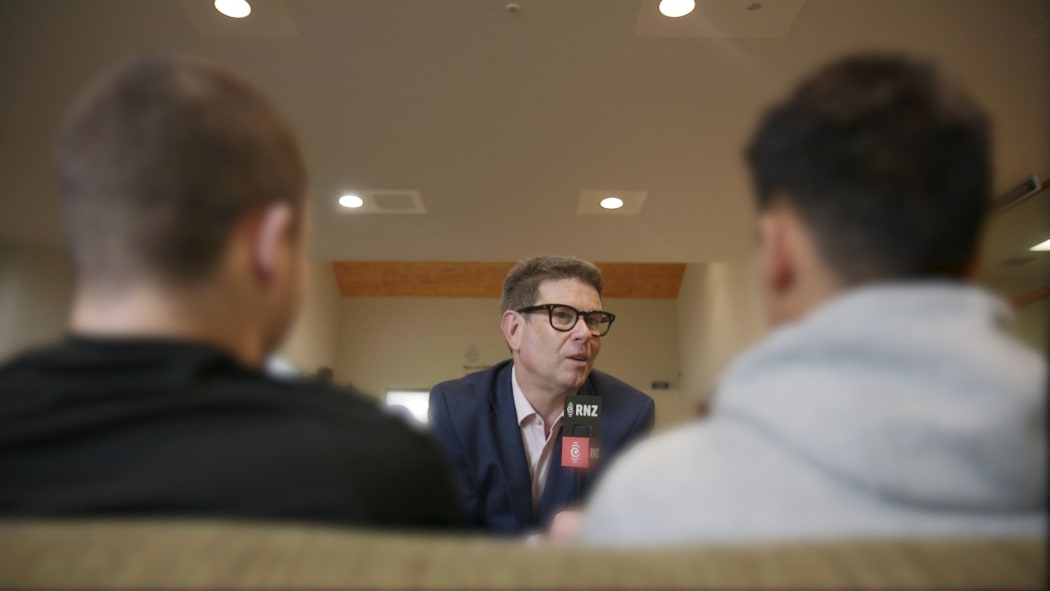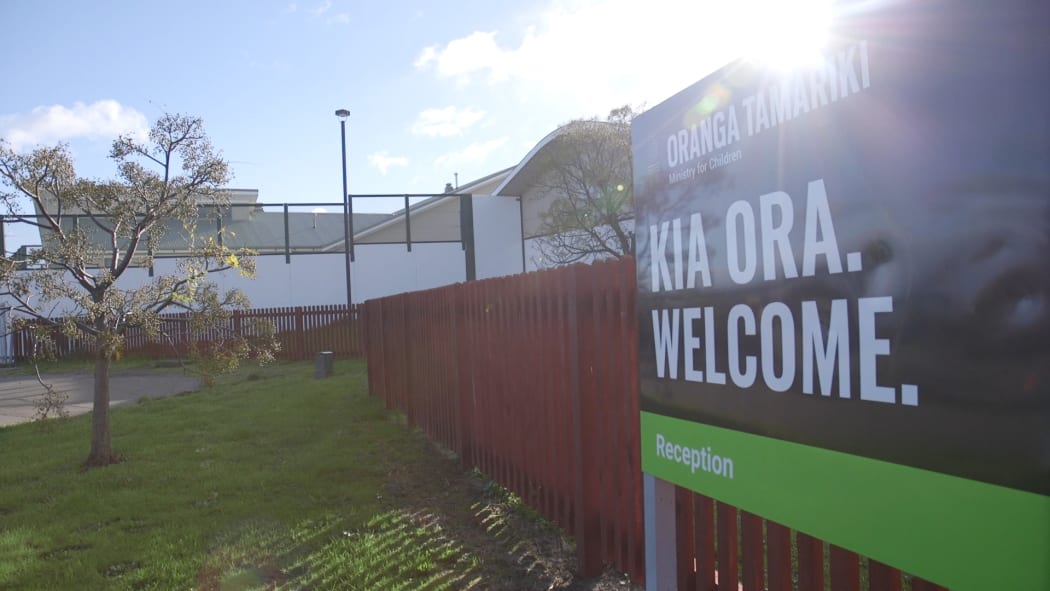They come from violent homes, addiction homes, homes without safety and sometimes homes without food. Every single one of them has been exposed to gangs.
That was their normal. They followed in the only footsteps they knew. Stole cars, committed aggravated burglaries, and worse.
Now these 14 to 17-year-olds call youth justice residence Te Au rere a te Tonga home.
Watch John Campbell's full video report here:
They say they want to change, that after spending months in the Palmerston North residence - one of four in the country - that they have. That they will.
Residence manager Kyle Kuiti is doing everything he can to make sure they do.
"When they come in here, what we do is we treat them like kids. Because sometimes for the first time, it's their opportunity to be a kid. So everything we do here is aimed at that.
"It's different, when you think about them as a youth offender you've got to think about the risk, mitigation and stuff. When you think about them as a kid, you think okay, how can we make this kid's journey a little bit better."

Photo: RNZ / Cole Eastham-Farrelly
One resident, who is the eldest person there at 17, said she had been inside for eight months. She would not say what she had done, but she was not proud of it. Her dad had beat her mum, her siblings and her for no other reason but "cause he felt like it. He was the one with the power".
"When I was growing up my dad used to be very violent and he was gambling a lot and that's kind of what triggered my mind to getting into trouble and doing what I do now."
Violence is what she knew.
"I don't blame it on him, but that's just how I was taught, that's just how my dad was raising me and my siblings. So that's just how I think now, that it's normal for me to go out and offend."
But she said she was hoping for a different life when she got out.
"I'm hoping to get out and change my life. I want to be a beauty therapist."
Another young male left home at 13 and ended up stealing cars to sleep in them.
"[My dad] came home and every pay day he just bought crack, alcohol, weed. Never bought food. The only time he bought food was if he won pokies or something. And I told him I was sick of it, told my dad I was leaving and he didn't really care about it, so I just left, started getting in trouble."
Ihaia Maxwell, a 15-year-old who died in a police pursuit in May, was once here.
One of his friends, who is still inside and used to steal cars with him, said he did so for the rush.
"I just like the feeling of driving, and the adrenaline rush kicks in."

Photo: RNZ / Cole Eastham-Farrelly
Another young man in the residence said he stole cars because he liked the thrill and "hated walking".
"I think I was just protected, I thought I'd never die. I thought a car was safe as, I thought it was like a house…I thought I was safe as, nothing could hurt me."
Did anything change when Ihaia died?
"It woke me up," he said.
Mr Kuiti said it was the wake-up they were after.
These are some of the highest-risk children in the country and if they cannot be made safe now, they might end up in the adult prison system.
Mr Kuiti said they needed opportunities to work towards.
"We just give it there and make it achievable. Make them work hard though, and then you get what you get now. You get these kids, who are some of the toughest kids in the country," he said.
If Te Au rere a te Tonga gets it right, the hope is they will become "normal, typical kiwi kids".


